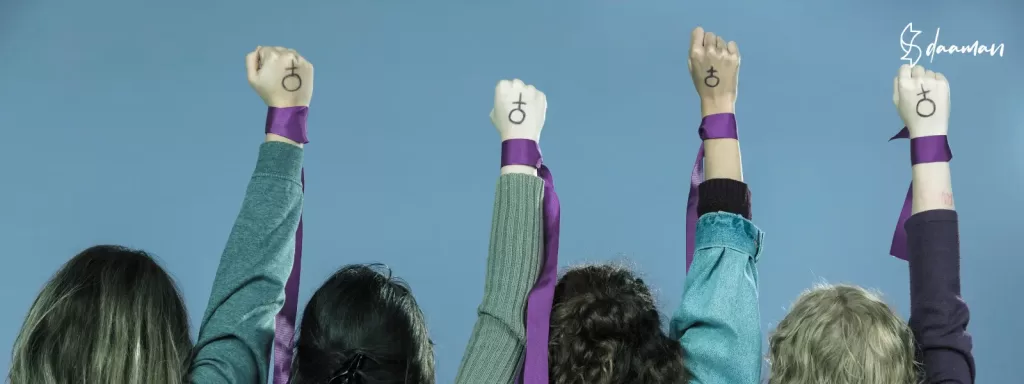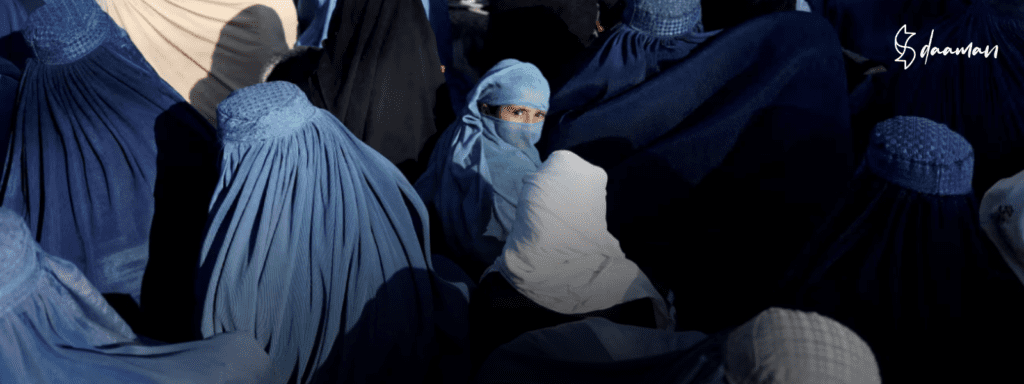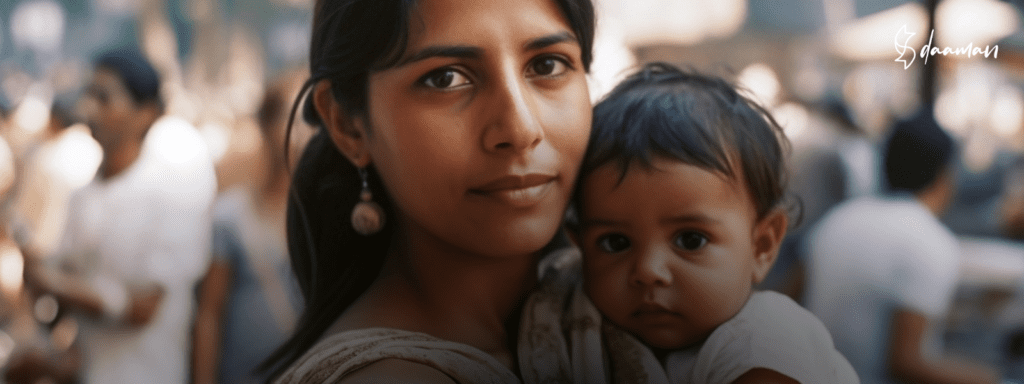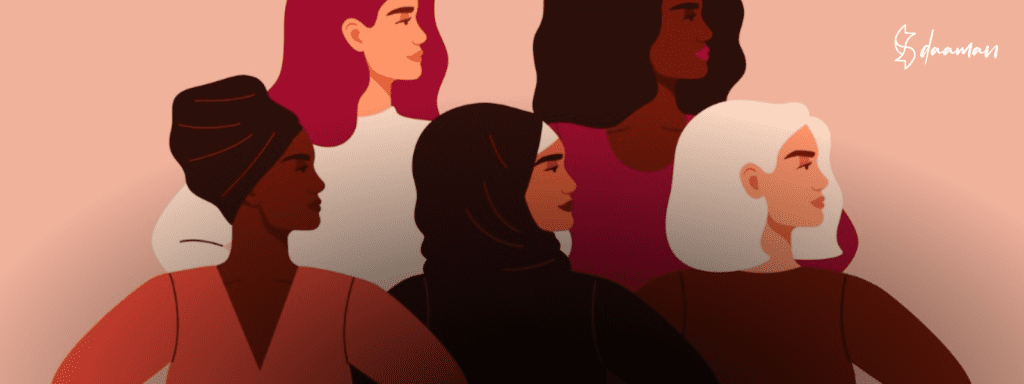Empowerment Unleashed: Pakistani Women’s Triumph on TikTok
Social media platforms are effective means of self-expression in the digital era, and TikTok has become a revolutionary platform for Pakistani women to rethink ideas of empowerment, break stereotypes, and magnify their voices. The triumphant tales of Pakistani women on TikTok showcase not just their artistic abilities but also the obstacles they encounter and the confidence they get from navigating these digital environments. in the intense limelight in Pakistan’s sparkling entertainment industry, subjected to levels of scrutiny and criticism that their male colleagues appear to avoid. The deeper cultural landscapes and the entertainment industry’s ingrained double standards, together with gender expectations and societal conventions, are the primary causes of the increased reaction against Pakistani female superstars. Image Source: various TikTok has given Pakistani women a forum to express themselves in ways that were previously limited by social standards with its short-form videos and varied material. Women on TikTok are embracing their uniqueness, breaking preconceptions, and exhibiting their multifarious abilities through anything from dance routines and comedy to instructional material and social commentary. Empowerment thru Ingenuity: Women are empowered to explore and celebrate their creativity via TikTok’s creative freedom. Pakistani women are redefining social norms and creating places that promote a variety of expressions on the platform, whether it is by sharing recipes, taking on challenges, or exhibiting their beauty abilities. Shattering Barriers of Culture: Breaking down cultural barriers that may have limited women in conventional media has been made possible in large part by TikTok. Women dispel stereotypes via dance and fashion films, promoting a more accepting view of identity and culture. In addition to empowering Pakistani women, this cultural exchange offers an insight into the depths of their customs to an international audience. Overcoming Obstacles: Nonetheless, there are difficulties for Pakistani women on TikTok. Misconceptions regarding the platform have frequently been the source of resentment and criticism due to the conservative character of some sections of Pakistani society. The possibility of criticism directed against women on TikTok due to their looks, content preferences, or apparent noncompliance with social standards highlights the necessity of a more widespread social acceptance of many interpretations of femininity. **5. Online safety and digital harassment: Safety concerns and issues with online abuse persist in the digital sphere. Similar to women throughout the world, Pakistani women on TikTok may face threats, unjustified remarks, and cyberbullying. These difficulties emphasise how critical it is to establish a culture that forbids digital harassment and a safer online environment. Overcoming Obstacles: Nonetheless, there are difficulties for Pakistani women on TikTok. Misconceptions regarding the platform have frequently been the source of resentment and criticism due to the conservative character of some sections of Pakistani society. The possibility of criticism directed against women on TikTok due to their looks, content preferences, or apparent noncompliance with social standards highlights the necessity of a more widespread social acceptance of many interpretations of femininity. **5. Online safety and digital harassment: Safety concerns and issues with online abuse persist in the digital sphere. Similar to women throughout the world, Pakistani women on TikTok may face threats, unjustified remarks, and cyberbullying. These difficulties emphasise how critical it is to establish a culture that forbids digital harassment and a safer online environment. Image Source : Freepik.com Beyond personal achievement, TikTok users who are Pakistani women are utilising their platforms for social influence and advocacy. They encourage education, bring attention to social concerns, and add to the conversation on anything from women’s rights to mental health. This activism shows how social media has the capacity to empower people and bring about positive change. In conclusion, TikTok has developed into a vibrant environment where Pakistani women may question social conventions, discover and celebrate their identities, and find empowerment via artistic expression. The success stories on TikTok highlight the tenacity and inventiveness of Pakistani women while also drawing attention to the ongoing social issues and worries about digital safety. As the digital world develops more, creating an atmosphere that is more welcoming and encouraging for womenPromoting a more welcoming and encouraging atmosphere for women on sites like TikTok is essential for long-term empowerment and advancement as the digital landscape changes.
Empowerment Unleashed: Pakistani Women’s Triumph on TikTok Read More »











